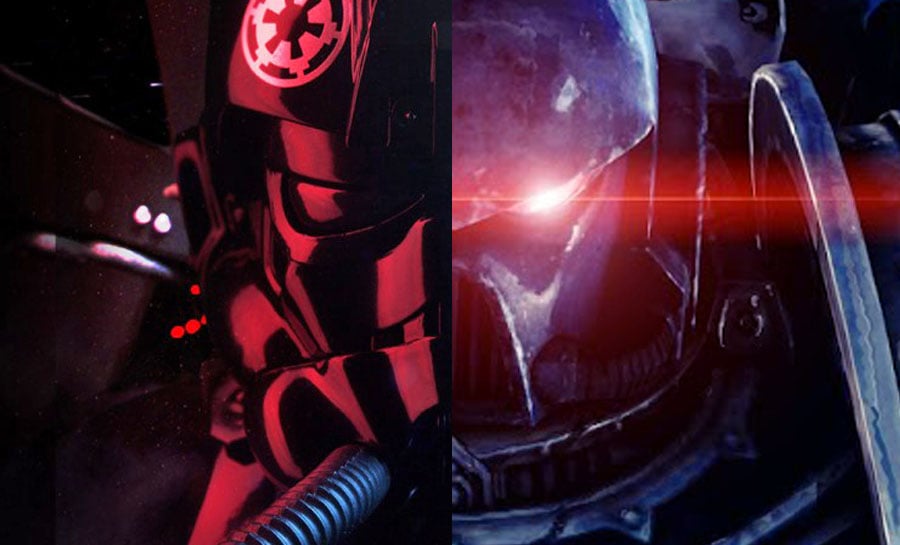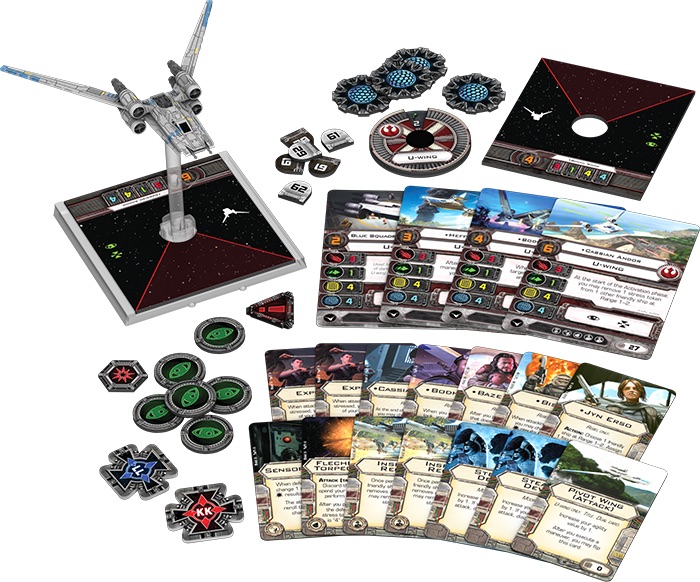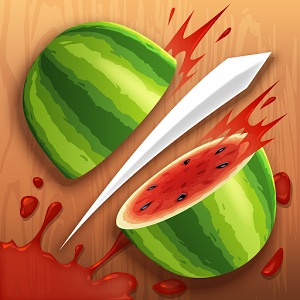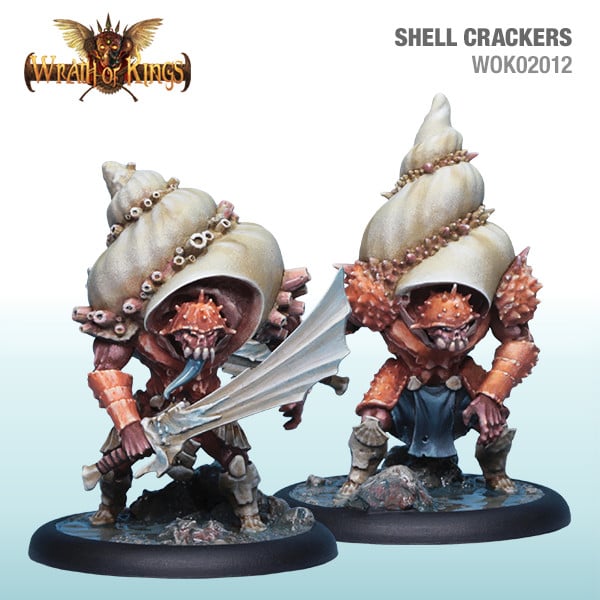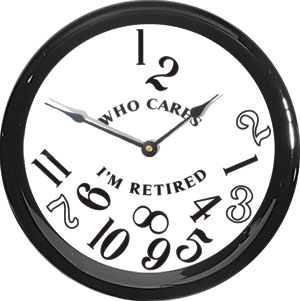Will Skirmish Dethrone Classic Wargames?


Skirmish games seem to be on the rise… does this mean classic wargaming is falling?
There’s no question about the popularity of skirmish-level games these days. Whether it’s X-Wing or Infinity or smaller games like FrostGrave and Mantic’s various formats–even GW is reentering this arena with the release of Shadow War: Armageddon. There seems to be a lot of demand for fast and furious games you can play with just a few models.
And that’s not even mentioning the miniatures/board game hybrids you see–games like Imperial Assault, Deathwatch Overkill, even WarhammerQuest’s latest entries fall into that category, right alongside the recently announced Shadespire.
So what does all this mean for “Classic” Wargaming–where it takes you 2+ hours to play a game, and you have a whole army’s worth of plastic dudesmen taking the field–is that going away?
And if so, why?
There are a few theories out there about this–let’s take a look through some of them.
Rules
So this school of thought makes it all about game design and rules. Basically, the reason that skirmish and faster-paced style games do well is because they’re utilizing a better toolset to carry out their gameplay. The mechanics are a little more precise and better at getting people to the game. Instead of spending a day reading through the books and building an army, you just pick up a box and their cards and go.
Now there is a little weight to this theory in the form of Age of Sigmar. It’s arguably Fantasy but with a faster, “better” set of rules. It’s markedly easier to just pick up and play a game of AoS than it is, say, to grab ranks of your old dwarf grudgebearers and go to town. A turn takes up so much less time, but still feels like you’re accomplishing a lot–it’s almost got a skirmish mindset to the “grand strategy” framework–which is probably why people keep drawing comparisons between it and 8th Edition 40K.
Age of Sigmar “feels” like a modern game–and people want to play what’s new. Look at the ruleset for X-Wing–streamlined, with enough depth and complexity for players who want to dive deep (depending on how deep you go, there’s a whole separate game that’s just figuring out character cards. Even Rune Wars, the next big ranked combat game, bears more resemblance to X-Wing than to classic wargaming.
Kids These Days
Then again, maybe it’s just the culture. Maybe people don’t have the time or patience or attention span to play out a grand wargame because they’re too busy taking selfie sticks or getting participation trophies or being special snowflakes, or whatever it is that out-of-touch people think Millennials do. But there seems to be something there.
Take a look at video games–there’s been a huge shakeup there. People have more ready access to them, and look at how they’ve changed. Now anyone can just pick up a game and play for a few minutes any time they’re waiting in line at the grocery store, about to be seated in a restaurant, or just enjoying some you-time while pooping.
Whatever the case there’s a lot more “instant-gratification” available to people these days. And maybe it’s just that the games are a reflection of modern culture. And that’s why things that are either quick and dirty, or that have a little nostalgia to ’em sell like hotcakes. Now people’s minds are trained to expect something instantaneously–you only need to look at how many of the current most lucrative game companies
Economics
Man, playing a large-scale game is expensive. No arguing there. Skirmish type games, you can just buy a single box and be good to go–good to go for a while–but if you want to hop in on some 1,850 point ITC lists, you have to be prepared to shell out some serious clams.
If you can’t shell out the clams, my associates are gonna flex their mussels…
Maybe this is all a result of the economic recession, which hit people’s discretionary incomes pretty hard. America’s only recently been recovering from that–it’s possible we’re still seeing the far-reaching effects of it. After all, that certainly changed the shape of the Entertainment indusry, so what kind of effects might it have had on this hobby?
Maximizing Fun
The last one of these theories holds that people prefer shorter games because they’d like to play more of them. So like, if you have a 45-minute tactical skirmish game, you can play almost 5 games in the span it takes you to play one 2.5 hour game of 40K (or whatever your classic wargame of choice is).
Schedules
Finally there’s the bane of any gaming group’s existence–trying to schedule enough time with enough people in the same place. As time goes on, more and more these gamers are starting to have families of their own, or jobs that prevent them from dedicating hours and hours a day to playing a single game.
Add to that the hectic demands of a changing workplace and you have a recipe for disaster. It’s not that people have a hard time getting free–it’s that people have a hard time getting a certain spot free with nothing else to do. It’s why companies like Netflix are doing so well. Nobody has time to watch a TV show as it comes out–why do that when you can make your own schedule.
Skirmish games are a little like that–they’re like little pockets of gameplay you can try out without too much rigamarole.
Whatever the case, we’re still not left with any clear answers. As for me, personally, I think it’s a little of everything. After all, modern rules make games in general a lot more accessible. The “barrier to entry” for many games is markedly lower. But I think that’s a trend we’re seeing in the classic style of wargaming as well as its Skirmish-borne cousins.
So now we come to you. Are Skirmish games ever really going to take down “classic” wargames? How will traditional wargaming look in the next few years. Will it be simpler, or do you think there’ll be a watershed moment a little ways down the line, where people learn to appreciate the depth and complexity offered by these rules?
I personally don’t know that “grand” wargames are going anywhere. Though I do think that the pressure from Skirmish games is necessarily going to change what classic wargames look and feel like when you play them.
What do you think? Does the rise of Skirmish spell the end for grand wargaming? Can we all just get along?

